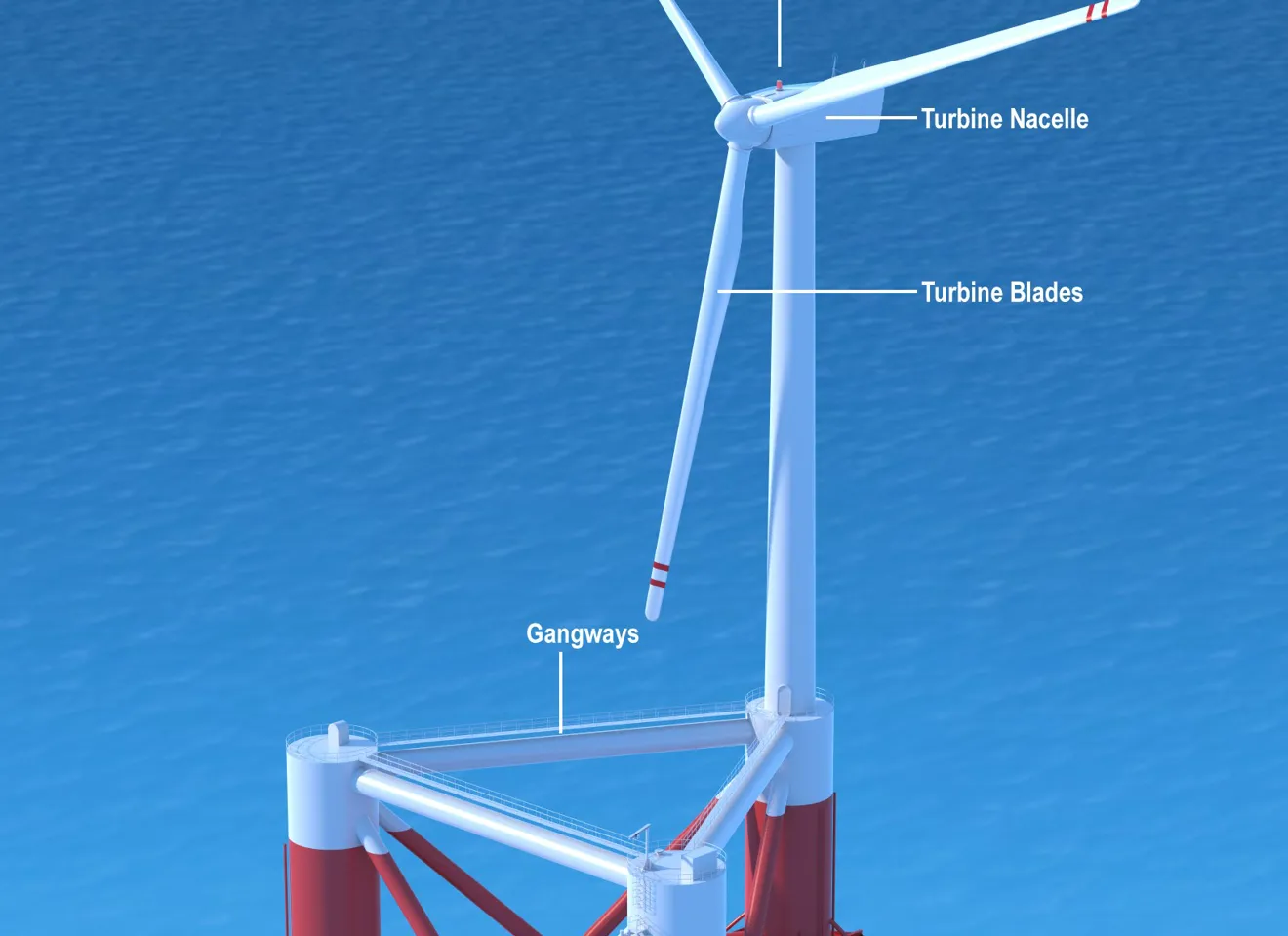
Working in Norway
Techie Talk: Do technical presentations need to live up to their reputation?
“There’s truth in every stereotype” – or is there? People attending my course on intercultural communication seem to like discussing this statement, at times to a point of seemingly no return. They give examples to show why or why not they find these words to be true, and never do seem to arrive at any …
“There’s truth in every stereotype” – or is there? People attending my course on intercultural communication seem to like discussing this statement, at times to a point of seemingly no return. They give examples to show why or why not they find these words to be true, and never do seem to arrive at any sort of agreement. This is fine by me, as I’m quite happy just to get some lively discussion going in the classroom that continues so long I end up having to point at my watch and tell them that we need to stop. And have found out that this is often a good point to suggest a break, as my students have usually paired up with a discussion partner by then, and they head out to the coffee cart deep in conversation.
Interestingly, I was recently reminded of this saying while sitting among the audience at a conference on offshore wind energy, an exciting new market in southern Norway, which as a region is looking to alternatives that can jump start the ailing offshore industry. On this particular morning, there were several speakers who gave quite technical presentations on some aspect of the process of getting these types of installations to perform at the best level possible. Or so I interpreted them, because even though these talks were given in English, the speakers’ delivery of their message was often so unclear and unenthusiastic that it seemed as if they had given up before even starting. I wondered if they had fallen into the mental trap of thinking that “technical presentations are by their very nature dry and dull”?
And I remembered by own days of teaching presentation technique to PhD students getting their doctorate in a technical field. Before even giving their initial presentation that was to form a part of their oral defense, they would as a rule look at me rather sheepishly and say something like, “Well, it’s very technical, so prepared to be bored…” or “Now, don’t fall asleep after my first slide…” or something equally – sad. Not a good mindset to have before speaking in front of a group of people. Somewhere along the way they had been poisoned by the idea that what they had to say was somehow lacking in value.
So I would give them an academic pep-talk in response to all of this negativity, including the following lift-you-up phrases: “You’ve worked hard to get where you are…you’re come all this way…you’re bright and motivated, just look what you’ve accomplished…I’d never be able to do what you’ve done in your studies (no exaggeration there)…now straighten up and look us all in the eye with a smile after putting your title slide up on the screen…”
Next, I gave them a few simple tips consisting of adding short phrases to their script, ones like “Now, what I find truly interesting here is…If you look at this point on the diagram, you’ll notice that…This result truly surprised my research team…Personally, I find it remarkable that…” And stressed the importance of doing so in order to make their audience feel involved and as enthusiastic as they themselves were about their field of study. Because if they weren’t truly excited about what they had been studying and more or less dedicating their life to for the past four or so years, this lack of energy would transfer to their listeners, making their presentation just something to be endured by both parties until it was all over and they return to their seat.
Back to the conference – apparently, a few of these speakers, professionals this time and not just students, could have used a bit of this helpful advice, as they appeared almost apologetic when telling us about important aspects of their working lives. By the way, while these presenters were clearly non-native English speakers, their delivery had nothing to do with their accent, intonation or pronunciation – all of them spoke in a perfectly understandable manner. My comments have more to do with what seemed to be their hangdog approach to giving us their information. And sort of getting back what they gave out – in other words, could they not sense what felt like audience apathy in the very air of the auditorium? Not to mention the lack of questions following their performance? But were they to be sympathized with for this non-response when in a large way they had caused it themselves?
After all this comment and speculation – and let’s face it, judgement – from a decidedly non-technical person (me), I thought that well, in the end does it matter? Do engineers think differently than I and other non-techies do? Do they care? Or am I bringing up what they might consider to be frivolous factors to these presentations when what really and only matters is their content?
So during the break I asked a few engineers seated next to me what their response was to the speakers that morning. They didn’t understand my question at first, so I went on to explain in short form what I’ve written above. After first agreeing with me that there is a negative stereotype out there that technical presentations are the b-word (boring), they said as a group that this does not have to be the case. Technical people are able to make their talks either dull or interesting – it’s a conscious choice (They also remarked that “when non-technical people try to explain something technical, they are doomed to failure”, and “when company managers present something technical, they always have a different point of view (read: irritatingly commercial) than researchers.” Case in point being the manager who had spoken at length about automation and economic efficiency – which is apparently is another topic altogether for another day).
My spontaneous focus group also agreed on the following: for some odd reason technical presenters at times appear to choose not to make their presentations interesting. They didn’t know why this was the case, it was just the way things were. So we as audience members were not to necessarily feel sympathy for them, nor its opposite derision, but just a sort of neutral acceptance that this was just following tradition, as it were. They had reconciled themselves to the truth in the stereotype, at least during this morning in May, leaving the auditorium for lunch and yet more technical presentations to follow that afternoon, apparently resigned to yet not too upset by their technical presentation fate.
Check out Tekna’s many courses that provide you with professional skills development in a variety of fields.



